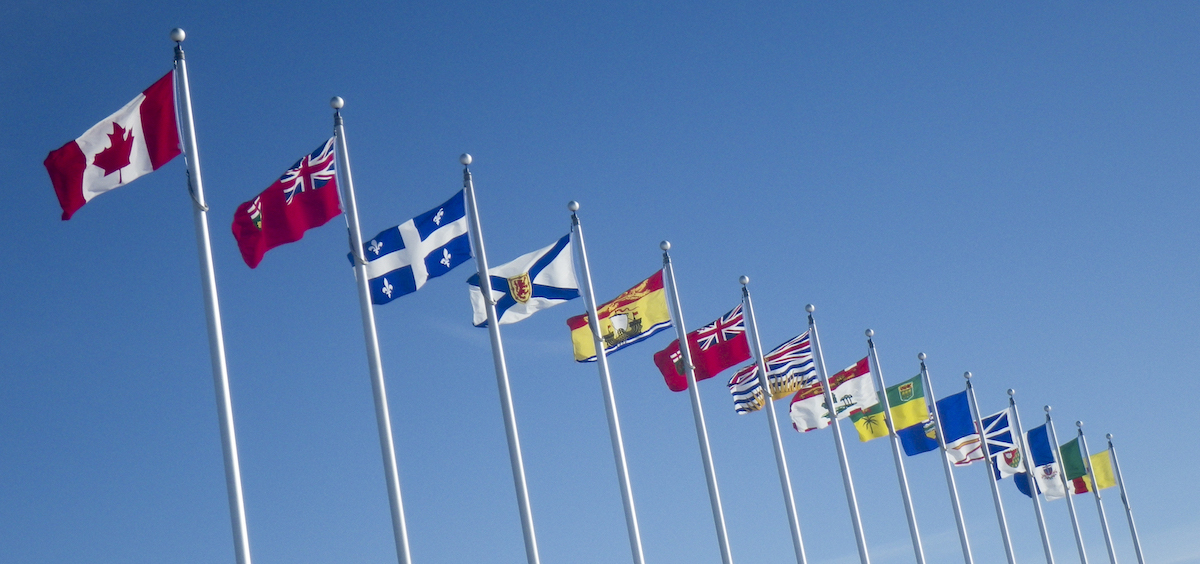All of the provinces have their own provincial immigration programs (known as Provincial Nominee Programs (PNP)), in order to promote immigration policies suited to a province’s particular needs. As a result, the provinces are receiving an increasing role in the selection of economic immigrants intending to settle in a province. In 2013, approximately 80,000 economic immigrants were nominated or selected by the provinces, with the Province of Quebec accounting for approximately 40,000 selections. Quebec is the only province with the right to select its own immigrants. All of the other provinces have the right to nominate immigrants. In 2015 and for the foreseeable future, the numbers of immigrants to be granted permanent residence under a PNP or selected by the Province of Quebec is expected to increase.
However, as is the case with all immigration programs in Canada, the issue of resource allocation and processing delays continues to play an important consideration in the decisions faced by the majority of policy specialists and program managers. Quite simply, Canada as a destination attracts considerable interest which far surpasses the processing capacity of most immigration programs.

Applying for admission to Canada as a permanent resident will follow a different and generally, far more expedited process (9-15 months in most cases) if the application is approved under a PNP compared to the federal skilled worker program. In some instances persons who are otherwise not qualified for admission under one of the Federal programs, may qualify for admission to Canada under a PNP and may even qualify for a temporary work permit in the interim, allowing for early entry to Canada for the applicant and their accompanying dependants.
Provincial Nominee Program by Province / Territory:
| British Columbia | Manitoba | New Brunswick | Newfoundland and Labrador |
| Alberta | Ontario | Nova Scotia | Northwest Territories |
| Saskatchewan | Quebec | Prince Edward Island | Yukon |
| Nunavut |






